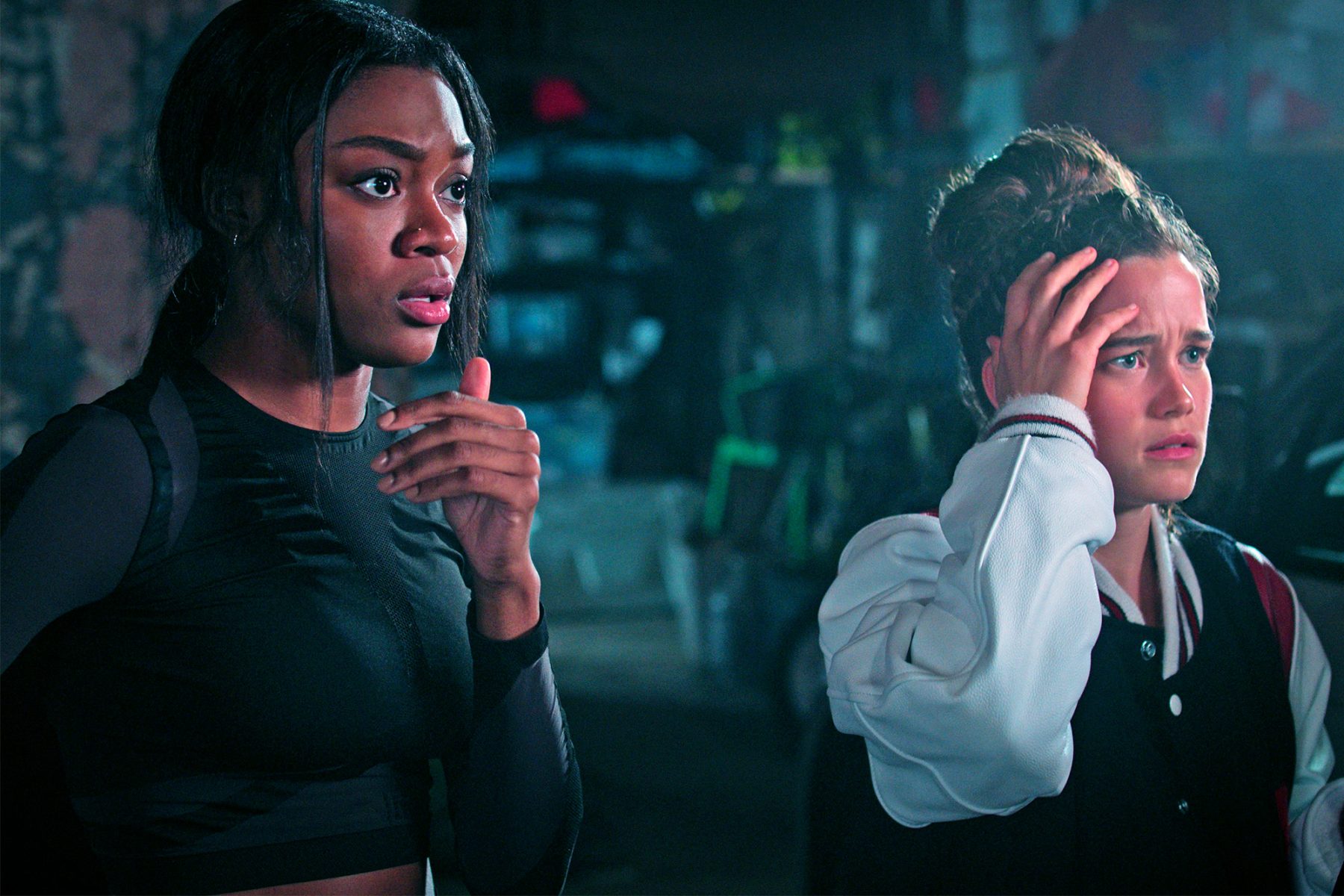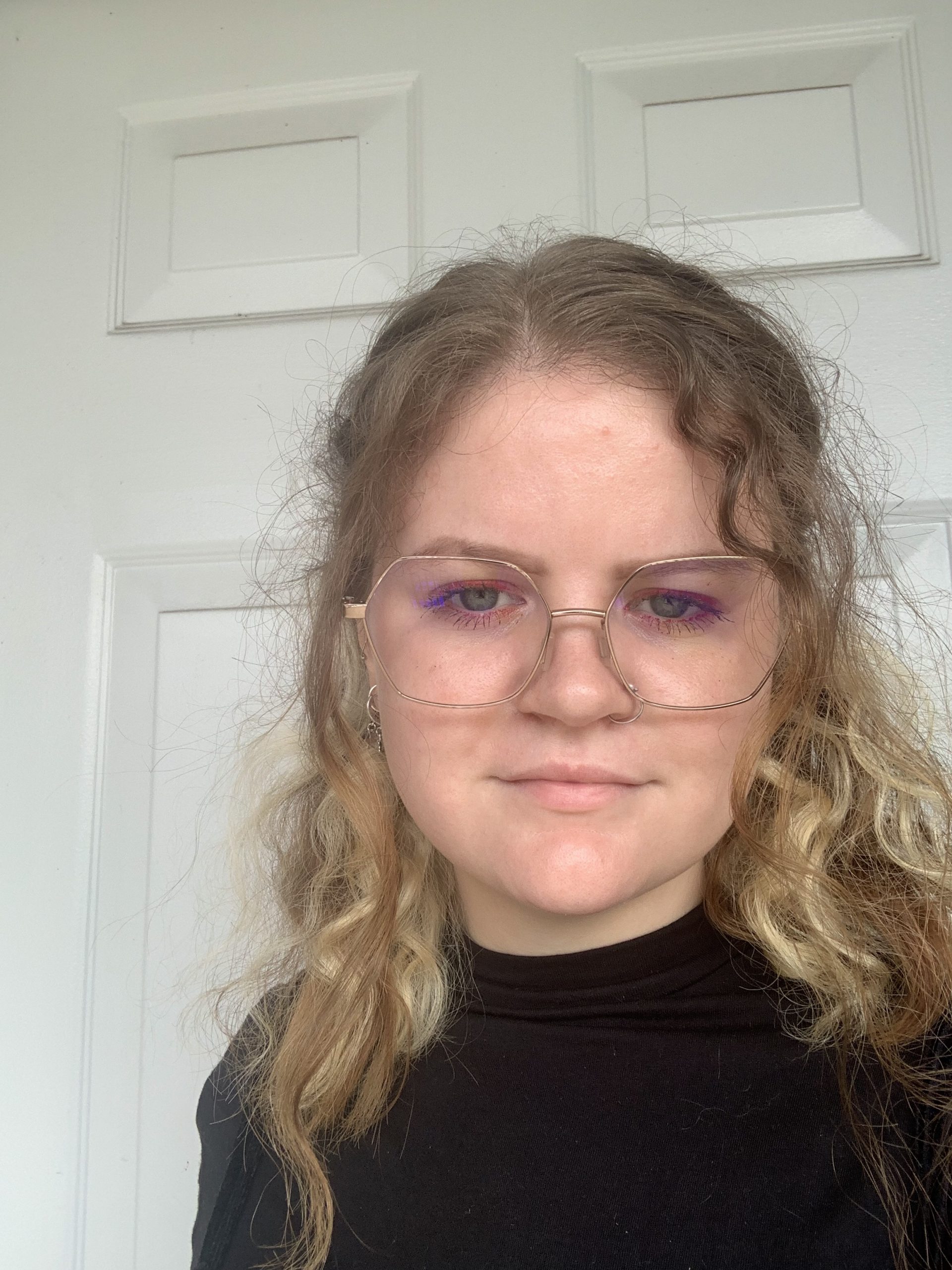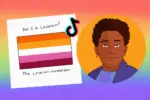If there is one message Netflix continues to promote, it is that queer women can’t win. Shows on the popular streaming service that are centered around queer women are consistently rushed, canceled or pushed aside. So when will Netflix put a stop to this trend?
Queer women are significantly underrepresented in the media compared to queer men. In 2019, GLAAD counted 50 LGBTQIA+ characters in mainstream releases during the year. Of those 50, 34 were men and only 16 were women. Queer men accounted for 68% of LGBTQIA+ characters and women only represented a disappointing 32%. However, queer women narrowly outnumbered the men in 2020, with 11 queer women and 9 queer men across 11 films. GLAAD reported that 2020 was the first year in the Studio Responsibility Index’s (SRI) history that more queer women were shown on the big screen than men. However, this SRI was the ninth report, meaning queer women have only held the majority once in the last nine years. Additionally, the report only included 44 movies because of COVID-19.
Netflix’s opinion of queer women came to light in recent releases. “Heartstopper” was renewed for two more seasons after gaining 53.4 million viewing hours during its reign among Netflix’s top 10. However, “First Kill” nearly doubled that with 97.6 million viewing hours in the top 10 and was still canceled. No one believes “Heartstopper” doesn’t deserve those two additional seasons, but why wasn’t “First Kill” granted more?
One difference between the two shows is their critical reviews. While “Heartstopper” received a 100% review on Rotten Tomatoes, “First Kill” had a much less positive 58%. “First Kill” did receive an 89% audience score, which doesn’t beat the 97% for “Heartstopper,” but still speaks enough on its own. Fans want more of “First Kill,” but Netflix has already sent it to the graveyard with most of its other shows that feature queer women.
Additionally, “First Kill” amassed its negative reviews because of Netflix’s bad decisions. Netflix has previously created — and is very capable of creating — popular TV series out of any topic, whether it be a supernatural story taking place in the ’80s, a romance series set in regency-era England or a fantasy tale that features a girl of light facing a man of darkness. Netflix knows how to make successful shows. Yet, “First Kill” had poor writing, paltry CGI, bad acting and the over-sexualization of a sapphic relationship. All of these critiques could have been fixed if Netflix cared to, but they didn’t, and yet the lesbian community still wanted to call this corny show their own.
Netflix has renewed shows and filmed sequels to movies with poor reviews so long as they were loved enough by audiences. Despite a horrible 46% critic review on Rotten Tomatoes, the 90% audience score for “The Gray Man” was enough for Netflix to confirm a sequel and spinoff. “Red Notice” failed even more spectacularly with a 36% on Rotten Tomatoes, yet received two sequels due to audience opinions. Netflix has a long-running history of renewing shows and adding sequels to franchises that were despised by critics, yet somehow, the fandom for “First Kill” was not enough to convince the platform otherwise. As seen in Netflix’s history, queer women aren’t a priority.
Netflix clearly favors queer men. Avid Netflix viewers can see that in TV shows such as “Sex Education,” “Young Royals,” “Heartstopper” and “Grace and Frankie.” While the latter show does not center on the two gay ex-husbands of Grace and Frankie — who are now husbands to each other — Sol and Robert still provide the male queer representation for the seven-season series. “Grace and Frankie” has concluded as the longest-running Netflix Original to date.
Before “Grace and Frankie,” another show held that title, which proves that Netflix’s current distaste toward queer women was not always the case. “Orange is the New Black” ran for 91 episodes over seven seasons and ended in 2019. Netflix has not always been unfair to queer women — apparently, the aversion is a recent phenomenon.
Since 2018, most shows centered on queer women have been canceled after just one season, proving the change in Netflix’s appreciation of queer women ended around the same time as “Orange is the New Black.” Starting in 2018, Netflix was quick to cancel “Everything Sucks!” after one season. The service released “I Am Not Okay With This” in February 2020 but later canceled it, and the trend of cancelations continued with “Teenage Bounty Hunters,” which came out in August and was canceled less than two months after its initial release.
“Gentrified” found itself canceled after two seasons, first airing in 2020 and ending in 2021. Netflix then released another show centered on queer women called “Ratched,” in 2020. While the show was renewed, two years have passed without any updates and star Sarah Paulson claimed in August 2022 that she was not certain that a second season would happen at all.
Granted, it’s not just Netflix that is axing sapphic shows — many shows involving queer women have been canceled by the CW, HBO Max, BBC America, Amazon Prime, Freeform and Hulu. However, in the end, Netflix appears to be one of the worst offenders.
So, why are sapphic shows getting cut short? Not for lack of popularity, as is clear in the case of “First Kill” with its 97.6 million viewing hours and a large fanbase. Is it the poor budget of such productions, bad writing or a lack of promotion? “First Kill” lacked much in terms of CGI, had a clever idea that was poorly executed through the script and was only promoted as a lesbian series, ignoring the dramatic, vampire matriarchy of the show. Is it that queer women aren’t playing roles in the production of such shows? Are they not producers and directors and writers?
There have been, and continue to be, sapphic shows that see a lot of success and receive positive reactions such as “The L Word,” “Orange is the New Black,” “Dickinson,” “The Sex Lives of College Girls,” “Only Murders in the Building” and many others.
Sapphic TV shows are continuously canceled because the studios are failing to put effort into making them successful. Queer women are seen as expendable. Canceling shows such as “First Kill” has turned away many avid Netflix watchers. Queer women deserve better and more continuous representation. These services must stop canceling sapphic shows unless they want queer women to start canceling their subscriptions.

















